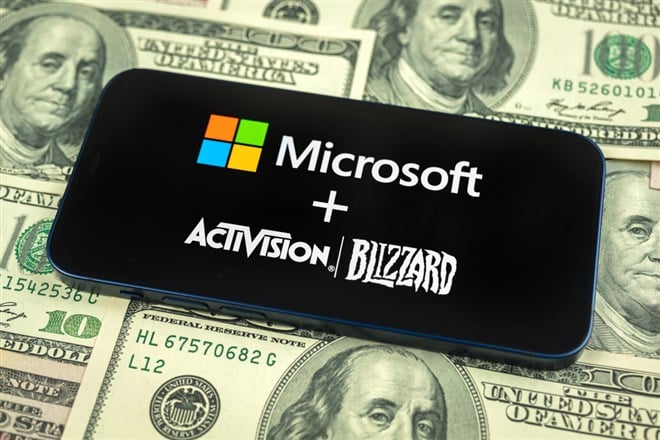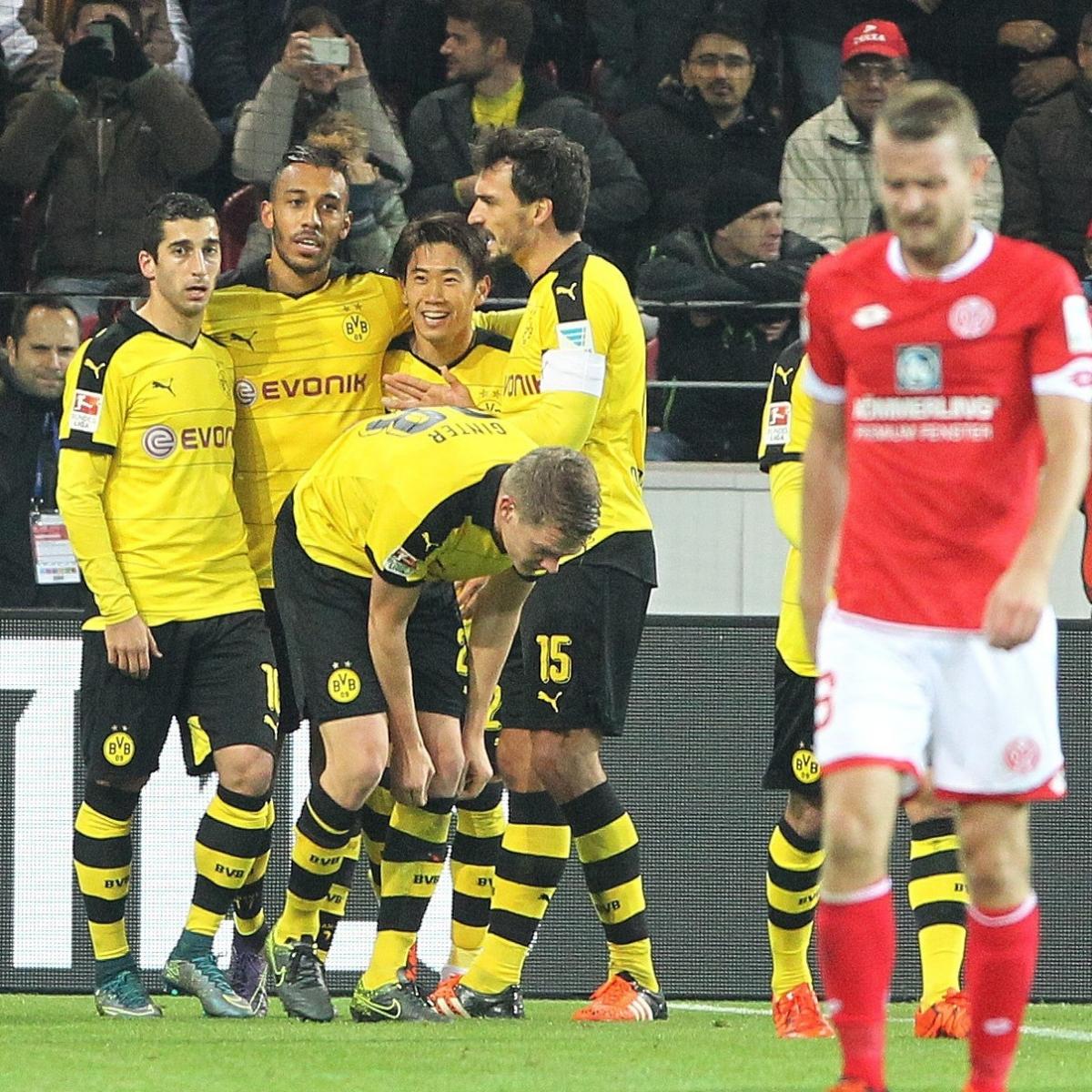FTC's Appeal: Future Of Microsoft-Activision Merger Uncertain

Table of Contents
The FTC's Arguments Against the Merger
The Federal Trade Commission (FTC) has vehemently opposed the Microsoft-Activision merger, arguing it would significantly reduce competition within the gaming industry. Their central concern revolves around Activision's flagship title, Call of Duty, a massively popular franchise. The FTC's key arguments include:
-
Reduced competition among game consoles: The FTC argues that Microsoft, owning Activision, could leverage Call of Duty's popularity to gain an unfair advantage over competitors like Sony's PlayStation, potentially stifling innovation and choice for consumers. They believe this could lead to a less competitive console market, ultimately harming gamers.
-
Stifling innovation in the cloud gaming market: The FTC expresses concern that Microsoft might restrict access to Call of Duty and other Activision games on competing cloud gaming platforms, hindering the growth and innovation of this rapidly expanding sector. This could limit consumer access and choice in how they play their games.
-
Anti-competitive practices relating to game exclusivity: A major point of contention is the potential for Microsoft to make Call of Duty exclusive to its Xbox console and its Game Pass subscription service. This could significantly disadvantage PlayStation users and other platforms, limiting their access to a beloved franchise.
-
Potential harm to consumers through higher prices or reduced choice: The FTC worries that reduced competition could lead to higher prices for games, fewer choices for consumers, and ultimately a less dynamic and innovative gaming market. This lack of competition is viewed as detrimental to both consumers and the overall health of the industry.
These concerns are supported by the FTC's extensive legal filings and public statements outlining their case against the merger.
Microsoft's Defense of the Merger
Microsoft, naturally, vehemently defends the merger, arguing it brings substantial benefits to consumers and the gaming industry as a whole. Their key counter-arguments include:
-
Commitment to keeping Call of Duty multiplatform: Microsoft has repeatedly pledged to maintain Call of Duty's availability on PlayStation and other platforms, arguing it's crucial for the franchise's success and their own business strategy. They highlight this commitment as a key element in dispelling FTC concerns.
-
Investments in cloud gaming infrastructure, benefiting gamers: Microsoft emphasizes its plans to invest significantly in cloud gaming infrastructure, making gaming more accessible to a wider audience. This investment, they argue, will ultimately benefit consumers by expanding access and affordability.
-
Creation of more gaming jobs and opportunities: The merger, Microsoft contends, will create more jobs and opportunities within the gaming industry, leading to further innovation and growth. This aspect often goes unmentioned in the discussions surrounding antitrust concerns.
-
Expansion of game development and reach: Microsoft believes the combined resources of Microsoft and Activision Blizzard will lead to a broader portfolio of games, expanding development and reach to a larger player base. This, they posit, will benefit the entire industry.
Microsoft’s defense is supported by its public statements, press releases, and its own legal filings submitted to the courts.
The Appeal Process and Potential Outcomes
The FTC's appeal is currently underway, and the process involves several steps, including legal briefs, potentially oral arguments, and a final ruling. The timeline is uncertain, but it could take several months, or even longer, to reach a final decision. Several outcomes are possible:
-
The FTC's appeal could be successful, potentially blocking the merger: A successful appeal would mean the merger is blocked, leaving Microsoft and Activision Blizzard to explore other options. This outcome would likely reshape the gaming landscape significantly.
-
The appeal could be unsuccessful, allowing the merger to proceed: If the appeal is unsuccessful, the merger would likely proceed, potentially resulting in significant changes within the gaming industry's structure and dynamics.
-
A negotiated settlement could be reached between the FTC and Microsoft: It's possible that a negotiated settlement could be reached, perhaps involving concessions from Microsoft to address the FTC's concerns. This could involve commitments to ensure the continued multi-platform availability of certain titles, further investment in cloud infrastructure, or other regulatory measures.
Each of these outcomes has far-reaching implications for Microsoft, Activision Blizzard, and the entire gaming ecosystem.
Impact on the Gaming Industry and Consumers
The FTC's appeal and its potential outcomes will significantly impact both the gaming industry and its consumers.
Impact on the Gaming Industry:
-
Changes in market dynamics if the merger proceeds or is blocked: A successful merger would consolidate power within the gaming industry, while a blocked merger would maintain the current competitive landscape, with implications for innovation, pricing, and market share.
-
Impact on game development and distribution: The merger could lead to changes in game development practices, release schedules, and distribution channels, potentially affecting the overall variety and availability of games.
-
Influence on competition and innovation: The outcome could either reduce or enhance competition, influencing future innovation and growth within the gaming industry.
Impact on Consumers:
-
Price changes for games and consoles: The merger could lead to price increases or reductions depending on the outcome and subsequent market adjustments.
-
Access to games and services: The accessibility and availability of games and services could significantly change based on the merger's fate and resulting business practices.
-
Variety of games available: The long-term impact on the variety and diversity of games available to consumers remains uncertain, contingent upon the final decision.
Conclusion: The Uncertainty Remains: Following the FTC's Appeal on the Microsoft-Activision Merger
The FTC's appeal presents a complex legal and economic challenge, with both Microsoft and the FTC presenting compelling arguments. The uncertainty surrounding the future of the Microsoft-Activision merger remains a significant factor shaping the gaming landscape. The ongoing impact on competition, innovation, and consumer choice is undeniable. To stay informed about the ongoing developments concerning the FTC's appeal and the Microsoft-Activision merger, subscribe to our updates, follow relevant news sources, and check back for further analyses on this significant event. Stay tuned for further FTC appeal updates and Microsoft Activision merger developments.

Featured Posts
-
 The Fallout From Ftv Lives A Hell Of A Run Report
May 21, 2025
The Fallout From Ftv Lives A Hell Of A Run Report
May 21, 2025 -
 Teletoon Spring Streaming Jellystone And Pinata Smashling Highlight New Shows
May 21, 2025
Teletoon Spring Streaming Jellystone And Pinata Smashling Highlight New Shows
May 21, 2025 -
 Mainz Secures Top Four Spot With Victory Over Gladbach
May 21, 2025
Mainz Secures Top Four Spot With Victory Over Gladbach
May 21, 2025 -
 Tory Councillors Wife Jailed For Racist Tweets The Southport Case
May 21, 2025
Tory Councillors Wife Jailed For Racist Tweets The Southport Case
May 21, 2025 -
 Madrid Open Sabalenka Defeats Mertens Secures Spot In Last 16
May 21, 2025
Madrid Open Sabalenka Defeats Mertens Secures Spot In Last 16
May 21, 2025
